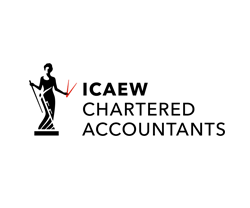September 21st, 2018
The Most Common Tax Mistakes
This blog pretty much does what it says on the tin so without further ado let’s dive straight into the top 5…
1. Not speaking to your accountant
This is by far the most costly mistake any business owner can make. Your accountant is highly trained in accounting and taxation (or at least they should be) so why would you not speak to them before entering into significant transactions? The purchase of property in particular is difficult to unravel if the most tax efficient route isn’t travelled from the outset.
2. Not listening to your accountant
I don’t mean ignoring their advice here, although that does happen on rare occasions. Your accountant should always be providing information to you whether it be via a blog, a newsletter, direct email or other contact. While not everything they write will be relevant to you, quite a bit of it probably is so you’re missing out on valuable information if you always skip past such communications.
3. Assuming tax rules are logical
Just because you paid for it doesn’t mean it’s an allowable business expense. The big one is the entertainment of clients and staff. Client entertaining is never tax deductible even though it is often a vital part of winning and retaining customers.
Entertaining staff, such as taking them for a business lunch, is normally tax deductible for the company but the employee will nearly always be in receipt of a taxable benefit in kind. Nice one, boss! The solution? See point 1!
4. Not having fee protection
Tax is very rarely a black and white subject so you need a professional to help you with the grey areas in the event of an HMRC enquiry. Fee protection allows you to have expert representation safe in the knowledge that the accountant’s fees won’t eclipse the tax at stake.
If taking a dispute worth £500 in tax to tribunal will cost £1,000 in fees then you’re likely to simply concede to HMRC. So not only could fee protection save you tax, it will save you on tax advisory fees.
5. Taking too much cash out of a limited company
Trading through a company can be tax efficient if a “low salary/high dividend” strategy is put in place. If you take more dividends than post-tax reserves allow, however, then the cash drawn has to be treated as a loan.
Loans to directors and shareholders come with all sorts of tax and compliance issues – for both the company and you – that are expensive to resolve. It’s best to avoid getting into this situation in the first place so get your accountant to produce regular management accounts.





